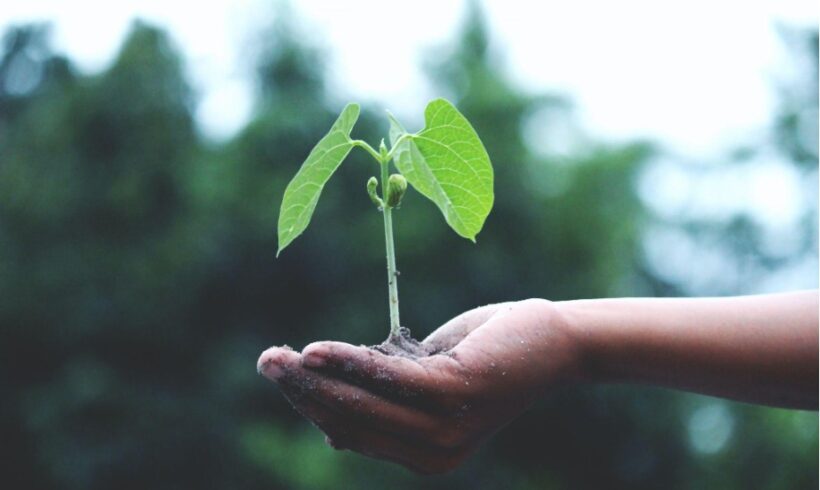By DR. MIRIAM ACZEL As we continue to practice social distancing to keep those around us safe during the pandemic, many of our...
Archive for tag: Nature
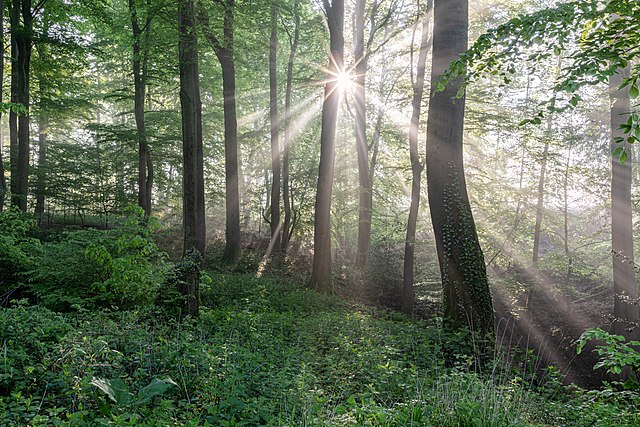
Promoting Health and Wellbeing Through Outdoor Activities
By DR. MIRIAM ACZEL As we continue to practice social distancing to keep those around us safe during the pandemic, many of our usual...
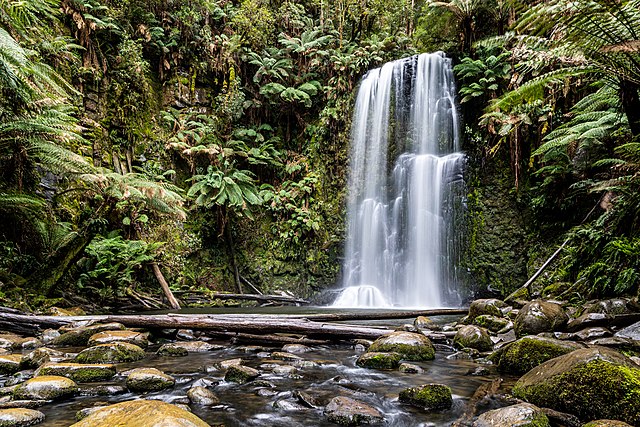
Shinrin-Yoku: Finding Happiness and Health Among the Trees
By DR. MIRIAM ACZEL & DEBRA ACZEL The COVID-19 pandemic and the restrictions put in place to keep our families, friends and others safe have meant...
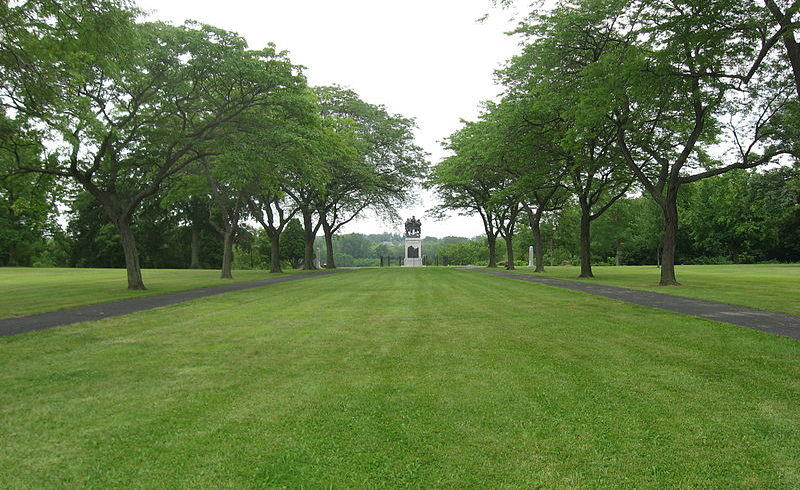
Environmental Benefits of Battlefield Preservation
By American Battlefield Trust When this nation’s defining conflicts were fought and decided, North America remained relatively undeveloped and many battles were fought on farmland, or...

Brazil’s Amazonian Mangroves: Crucial for Climate Change Mitigation
Brazil’s Amazon is home not only to the world’s largest tropical forest, but also one of the world’s largest mangrove areas. Mangroves are collections of different tree and shrub species found in tropical coastal regions, growing in waterlogged soils. They can be recognized because of their large roots protruding from soils—roots they use to ‘anchor’themselves from strong incoming tides. There are over 80 distinct mangrove tree species, and can sequester or store large amount of carbon in their soils, which can be stored for multiple centuries. Deforestation of mangroves results in the release of sequestered carbon dioxide, as trees, plants, and soils release stored carbon once they are logged and cleared or burned. Although mangroves represent only 0.6% of global tropical forests, a new, long-term study published in the journal Biology Letters shows that these mangrove forests contain much more stored carbon than previously thought, and that their deforestation accounts for as much as 12 percent of greenhouse gas emissions produced by all tropical deforestation worldwide.
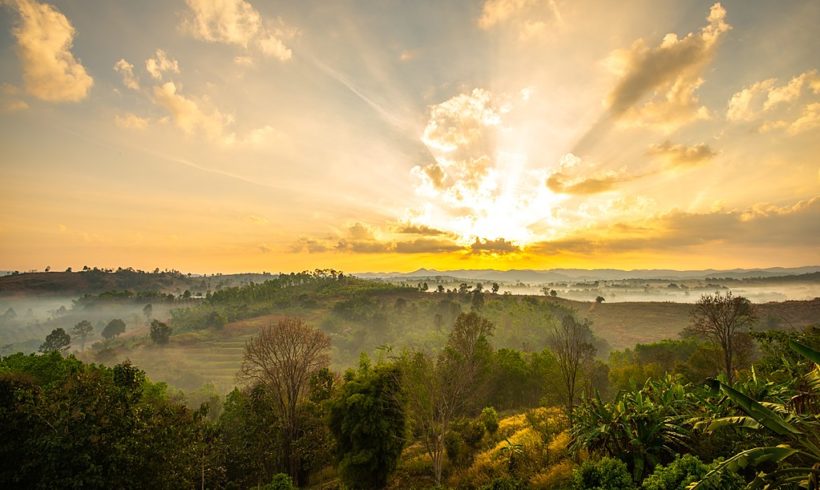
This One Simple Action Could Enhance Your Health and Wellbeing
Spend time outside.
Yup, that’s it! Just go outside, in nature as wild as possible, as often and for as long as you can. More exposure to nature seems to be more helpful, but even a little bit – indoor houseplants, tree-lined streets, the sound of birdsong through an open window – has incremental benefits.


